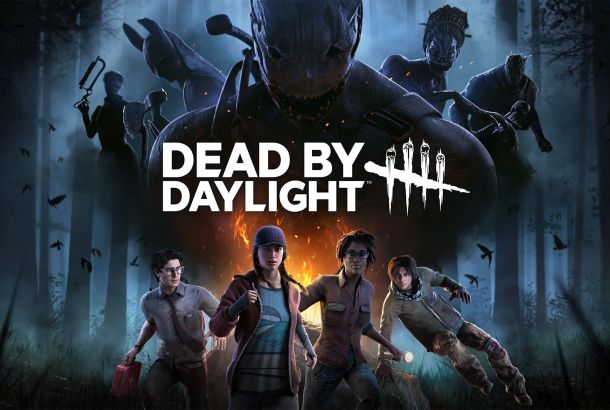Review: Divinity: Original Sin 2
By David Uncle
I won’t lie, I went into Divinity: Original Sin 2 sceptical. As someone who prefers first or third person RPGs to isometric ones, I was poised to get a Steam refund if I didn’t like it. What I found, however, was one of the richest, funniest, and best RPGs I’ve ever played.
The best thing about Divinity is the absolute freedom given to the player. There is very little handholding, reminding me of the start TES III: Morrowind, where the player is cut loose with little assistance. This creates a sense of awe and exploration from the start.
There’s a wide range of playable races, from elves to undead lizards. You have a choice between several ‘origin’ characters, or a completely custom one of your own. I highly recommend your first playthrough be with an origin character, as they have their own unique questlines and dialogue.
Don’t be put off by them being pre-made. You can still fully customise their abilities. For example, the undead character, Fane, is meant to be a wizard, but I played him as a roguish necromancer who backstabs his foes before raising them from the dead to fight their former allies.
You form a party of four characters, each being totally customisable. This means you can cover pretty much all roles. If one of your characters doesn’t work out, you can respec them once you get past the first two areas.
Undead characters offer a unique twist. As you’re undead, people won’t react kindly to you. Fortunately, you can hide your skeletal form. There’s more: healing potions actually harm you as an undead, whereas poison potions heal you. Your bony fingers can be used to pick locks, and as a skeleton, you can even play dead to avoid getting hurt in combat for a couple of turns. It’s this kind of detail that makes Divinity one of a kind. Fane also has some of the wittiest and most enjoyable dialogue in the game.
Larian Studios encourage creative gameplay, which can lead to super-effective combos. One of the most powerful is what I lovingly call the ‘chicken combo’. You use an ability that makes an enemy take damage whenever they move, then use a spell to turn them into a chicken which forces them to run around like mad. You see where this is going. This makes short work of basic enemies, and is still effective against bosses.
There’s also the hilarious ability called ‘pet-pal’. This lets you speak to animals, granting the player hints, treasure, and even more quests. I went on a quest to avenge a dead chicken, because its deceased spirit asked me to, obviously. Every single animal in the game is therefore essentially a character, which is fantastic.
The combat is challenging, yet deeply satisfying. The multitude of abilities means combat is unpredictable and exciting, with endless possibilities. There is no level scaling, so often if you cannot win a fight you must return later. Teleportation is a big part of combat, and you get access to it fairly early. It’s useful for moving your party out of danger, or for teleporting enemies into lava.
The story is engaging and has some surprising twists, but the real highlights are the side quests. Whether freeing an ice dragon from a curse, helping a merchant find his stolen cargo, or leading a dog to his owner, they’re great and they’re everywhere. The biggest motivation to explore is so you don’t miss out on these excellent distractions from the main quest.
Larian thought of everything, as seen in the Game Master mode, where you can make your own campaigns for co-op using pre-made stages and assets, and act as a D&D Dungeon Master. You can combine this with The Divinity Engine 2, which gives you the full dev-kit to make your own worlds or add-ons. Given time and practice, it’s possible to make a whole new feature-length campaign, giving Divinity unrivalled longevity. There’s also a PVP arena if you’re interested in combat.
The co-op mode is also great fun, especially when planning combat tactics or just exploring the world.
Divinity: Original Sin 2 has changed my view of isometric RPGs, and I may go and play its predecessor. It’s what all RPGs should strive to be: a true sense of adventure, tonnes of loot, and infinite possibilities. The minimal handholding can make this game daunting to begin with, but it’s well worth persevering for what is sure to be one of the best RPGs ever to grace PC.
9/10.
Reviewed on Windows 10.







